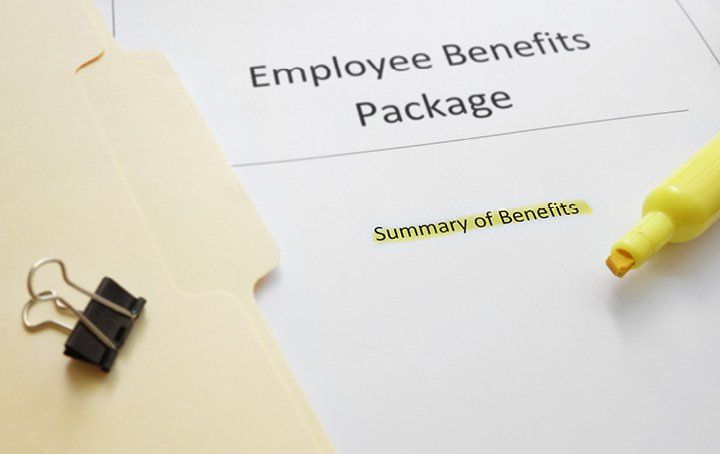ATO Rental Property Blitz

The Australian Taxation Office (ATO) has launched a full-on assault on rental property owners who incorrectly report income and expenses. The ATO’s assessment, based on previous data matching programs, is that there is a tax gap of around $1 billion from incorrect reporting of rental property income and expenses. And, they would like that back now please.As a result, banks and other financial institutions will be required to hand the ATO residential investment loan data on an estimated 1.7 million rental property owners for the period from 2021-22 through to 2025-26. The data collected will include:
· identification details (names, addresses, phone numbers, dates of birth, etc.)
· account details (account numbers, BSB's, balances, commencement and end dates, etc.)
· transaction details (transaction date, transaction amount etc.)
· property details (addresses, etc.)
In addition to identifying whether landlords are declaring their residential investment property income at all, the data matching program is looking specifically at how rental property loan interest and borrowing expense deductions have been reported in the rental property schedules, and whether net capital gains have been declared for property used to generate income.
Banks are not the only source of data. In a complimentary program, the ATO is targeting rental property management software. Over the last decade, much of the financial management of residential rental property has moved online, facilitated by various platform providers. The ATO will require these rental property software providers to provide details of property owners including their bank details, income, expenses and the amount of those expenses, and details of their associated rental properties and agents. Data collection of the estimated 1.6 million individuals in this data program will cover the period from 2018-19 to 2022-23.
With that, let’s recap on the common problem areas:
Claiming interest and redrawing on the loan
The interest component of your investment property loan is generally deductible. However, if you redraw on your invest loan for personal purposes, interest on this portion of the loan will not be deductible. This means that interest expenses will need to be apportioned into deductible and non-deductible parts and repayments will often need to be apportioned too. If the redrawn funds are used to produce investment income, then the interest on this portion of the loan should be deductible.
Borrowing costs
You can claim a deduction for borrowing costs (typically over five years) such as application fees, mortgage registration and filing, mortgage broker fees, stamp duty on mortgage, title search fee, valuation fee, mortgage insurance and legals on the loan. Life insurance to pay the loan on death is not deductible even if taking out the insurance was a requirement to get finance. If the loan is repaid early or refinanced, the whole amount including mortgage discharge expenses and penalty interest can often be deductible.
Repairs or maintenance
Deductions claimed for repairs and maintenance is an area that the Tax Office always looks closely at so it’s important to understand the rules. An area of major confusion is the difference between repairs and maintenance, and capital works. While repairs and maintenance can be claimed immediately, the deduction for capital works is generally spread over a number of years.
Repairs must relate directly to the wear and tear resulting from the property being rented out. This generally involves a replacement or renewal of a worn out or broken part – for example, replacing damaged palings of a fence or fixing a broken toilet. The following expenses will not qualify as deductible repairs, but are capital:
· Replacement of an entire asset (for example, a complete fence, a new hot water system, oven, replacing a shower curtain with a glass wall, etc.)
· Improvements and extensions.
Also remember that any repairs and maintenance undertaken to fix problems that existed at the time the property was purchased are not deductible.
Please note that many of the comments in this publication are general in nature and anyone intending to apply the information to practical circumstances should seek professional advice to independently verify their interpretation and the information’s applicability to their particular circumstances. Should you have any further questions, please email us at RGA Business and Tax Accountants at reception@rgaaccounting.com.au . All rights reserved. Brought to you by RGA Business and Tax Accountants. Liability Limited by a scheme approved under Professional Standards Legislation















